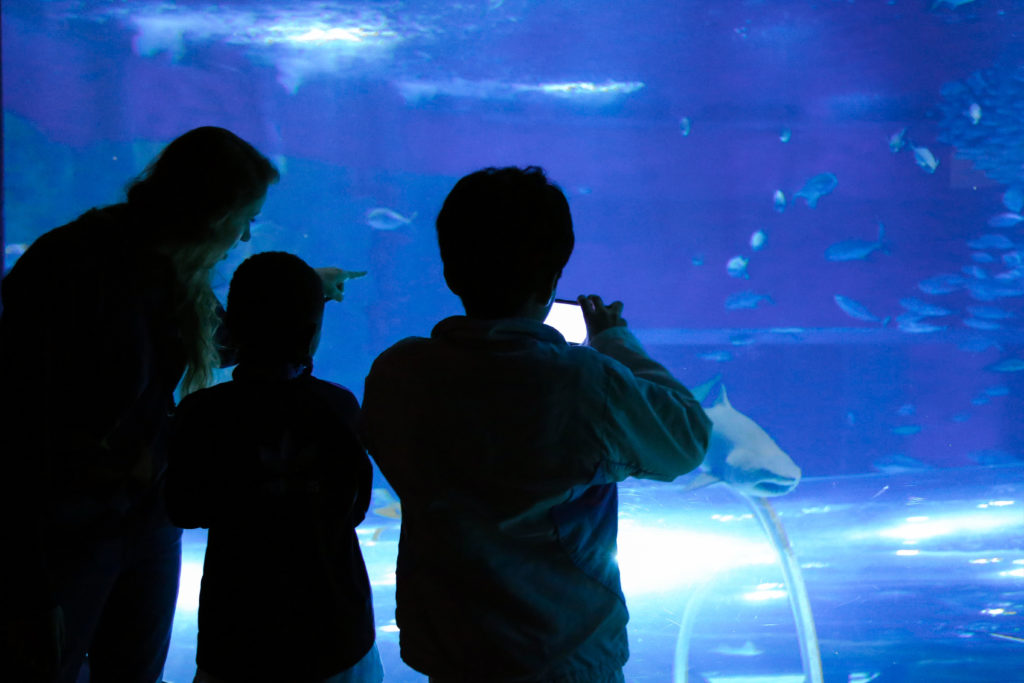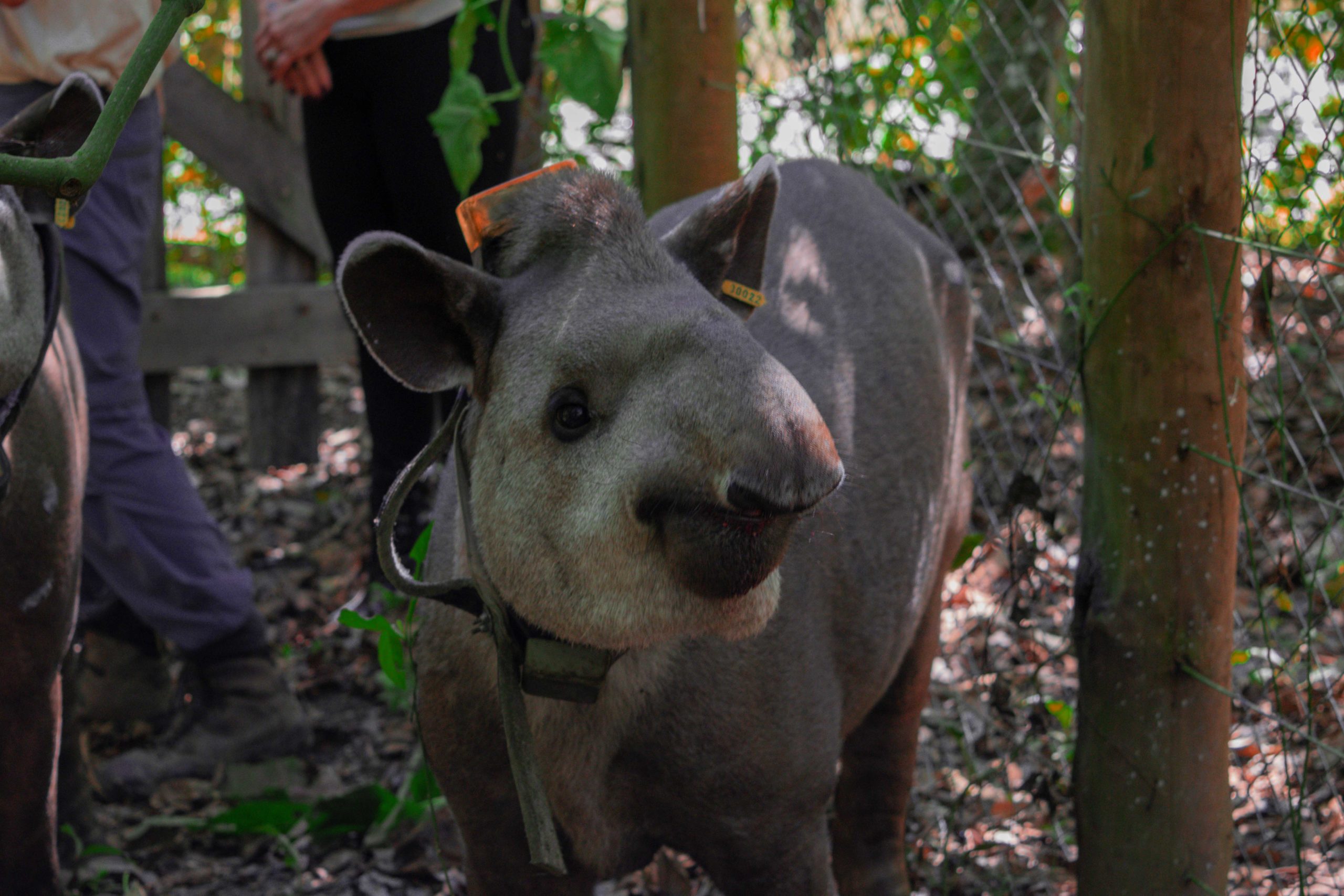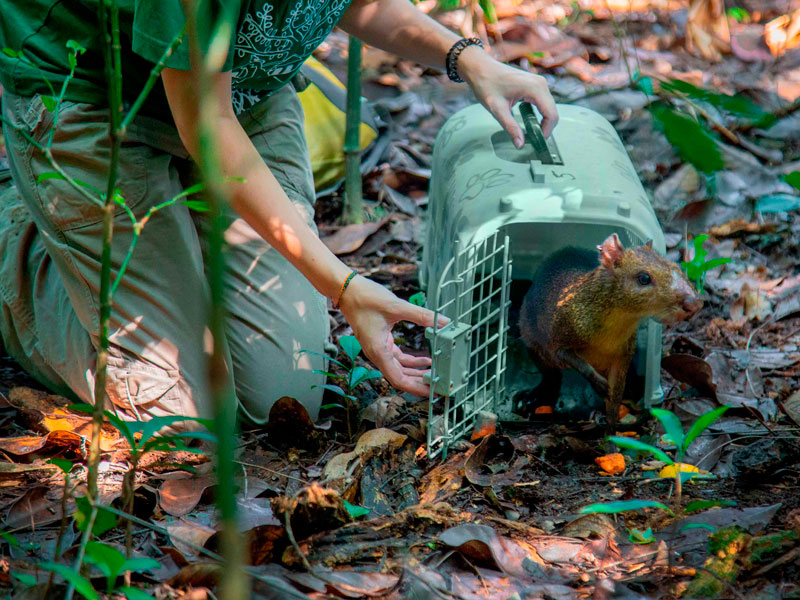The Cataratas Group and the Refauna Project celebrate the reproductive success of agoutis (Dasyprocta leporina) reintroduced into the Tijuca Forest, an excellent result of integrated conservation efforts that bring together researchers from different institutions: UFRJ, IFRJ, UFRRJ, and RioZoo. Some of the agoutis originate from the Rio de Janeiro Zoo, an important breeding ground for species essential to wildlife restoration projects. Some are now in their fourth generation, indicating that the reintroduction is working and that the species’ life cycle is becoming established.
Before being reintroduced into the forest, the agoutis are fitted with radio-frequency collars for monitoring. They are also observed through camera traps placed in strategic locations within the vegetation. These traps are triggered by motion or infrared sensors, recording the location and behavior of the animals.
Agoutis are small rodents in size but play a significant role in seed dispersal due to their habit of burying fruits to eat later. They help disperse plants and contribute to forest maintenance, acting as true little gardeners. The reintroduction of this species is part of the process of restoring the ecological interactions in the Tijuca Forest, an area that experienced deforestation and replanting in the past, resulting in the loss of its native fauna, making it a large green area with little animal diversity.
 |
 |
 |
 |




